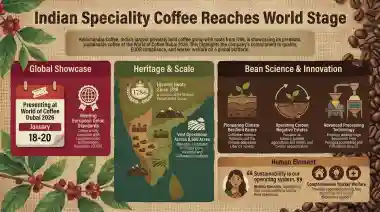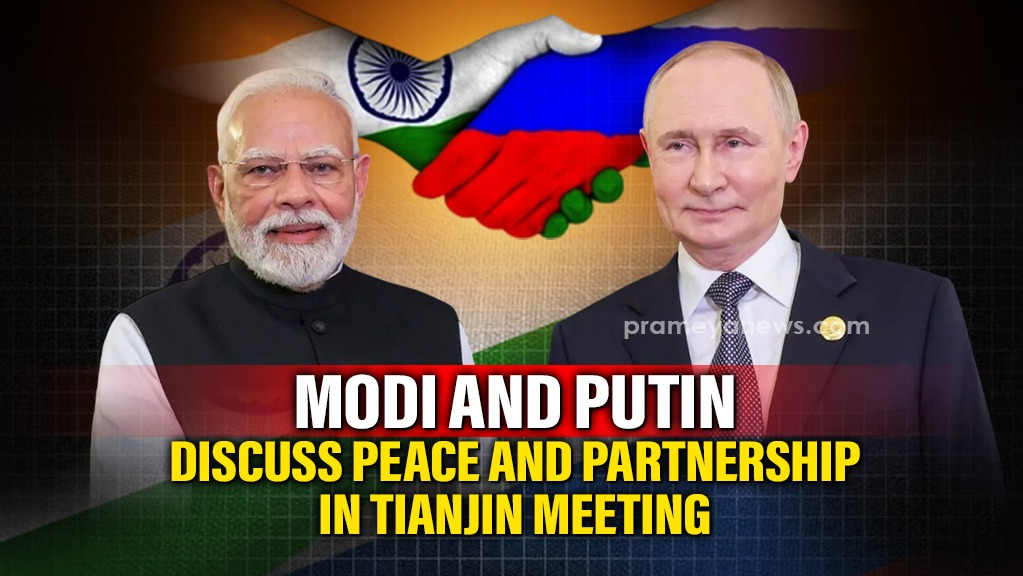

On the sidelines of the Shanghai Cooperation Organisation (SCO) summit in Tianjin, Prime Minister Narendra Modi and Russian President Vladimir Putin held a significant bilateral meeting, reinforcing their strategic partnership while navigating complex global pressures. In his remarks, Prime Minister Modi welcomed recent peace efforts concerning the war in Ukraine and expressed India's hope for a constructive resolution, positioning New Delhi as a key advocate for stability. The meeting, which also confirmed President Putin's upcoming visit to India in December, highlighted the strength of the India-Russia relationship in the face of international turbulence.
The discussion on the Russia-Ukraine conflict was a central theme of the dialogue. Prime Minister Modi conveyed a clear message, stating that India has consistently engaged on the issue and supports initiatives aimed at ending the hostilities. Referencing the recent high-level talks involving Moscow, he articulated a desire for a swift and sustainable solution. "We hope that all parties will move forward constructively on this process," Modi stated, emphasizing that the global community is calling for a quick end to the war to establish a "lasting peace." This diplomatic stance was further bolstered by a recent conversation between Modi and Ukrainian President Volodymyr Zelenskyy, who urged India to deliver a signal for an immediate ceasefire, highlighting India's unique position as a potential mediator.
The meeting took place against a backdrop of heightened geopolitical friction, particularly with the United States. It was the first face-to-face interaction between the two leaders since Washington levied significant tariffs on Indian exports as a penalty for India's continued purchase of Russian oil. The pressure from the US was recently articulated in stark terms by trade advisor Peter Navarro, who referred to the conflict as "Modi's war," suggesting that a path to peace runs through New Delhi. Despite this, India has resolutely maintained its policy of strategic autonomy. The Indian ambassador to Russia, Vinay Kumar, recently affirmed this position, stating that Indian companies will "continue buying from wherever they get the best deal." This sentiment is supported by Russia, which has criticized the US tariffs and defended India's sovereign right to choose its trading partners.
The solidarity between India and Russia was evident in both substance and symbolism. The leaders were seen chatting informally before the summit and notably left the venue in the same car to proceed to their formal bilateral meeting. This gesture, coupled with the confirmation of Putin's visit to India later this year, sends an unambiguous message about the strength and priority of their partnership. The dialogue in Tianjin was the latest in a series of high-level exchanges, with Putin and Modi having spoken twice in August alone. This consistent communication ensures alignment on critical issues and demonstrates a shared commitment to their long-standing "Special and Privileged Strategic Partnership," proving that the bond remains robust and impervious to external pressures.